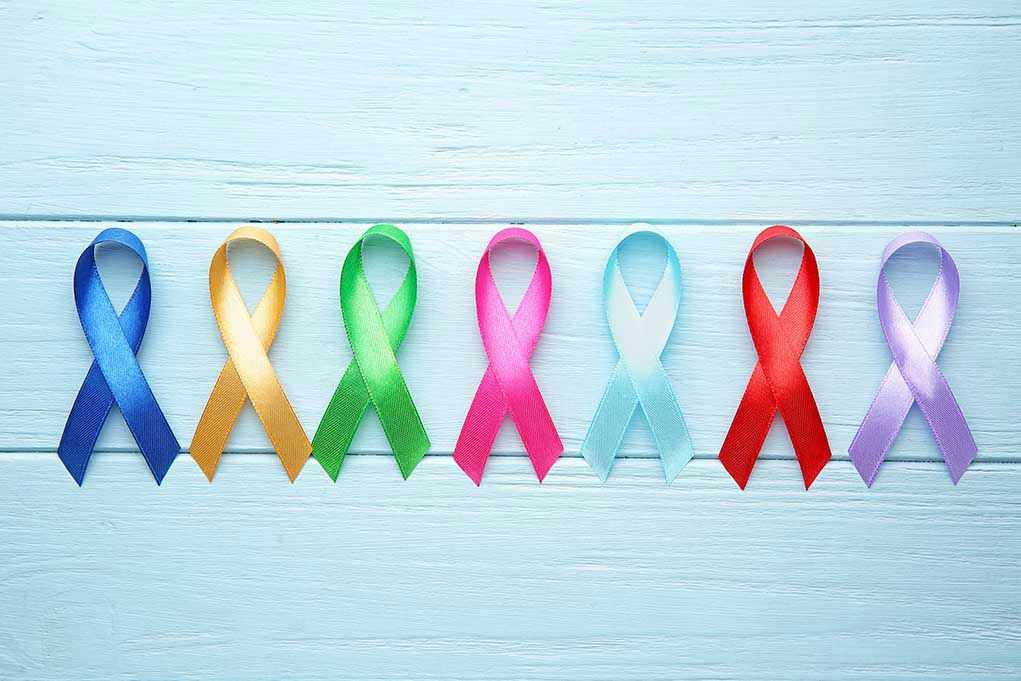
Can you imagine the sweet drink in your hand might be increasing your liver cancer risk by a staggering 85%?
At a Glance
- Sugar-sweetened beverages (SSBs) pose a significant risk to liver health.
- NAFLD affects up to 25% of adults globally, independent of alcohol intake.
- Green tea, coffee, and beetroot juice may protect liver health.
- Public health campaigns are targeting SSB reduction.
The Bitter Truth About Sweet Drinks
When it comes to beverages, we often think of alcohol as the villain in the liver health saga. However, lurking in the shadow of your soda can is an equally sinister foe: sugar-sweetened beverages. These seemingly harmless drinks have been linked to non-alcoholic fatty liver disease (NAFLD) and liver fibrosis, even in those who never touch a drop of alcohol. In fact, recent studies reveal that daily consumption of these drinks increases liver cancer risk by a jaw-dropping 85%, especially in postmenopausal women.
The rise of sugar-sweetened beverages has been as meteoric as their impact on our waistlines and liver health. As obesity rates balloon, so does the prevalence of metabolic syndrome, a known precursor to liver disease. These sugary villains are the main culprits behind the growing incidence of NAFLD, a condition that now plagues up to a quarter of adults worldwide. And it’s not just about the sugar rush; these drinks pack a punch that hits your liver where it hurts.
The Protective Power of Tea, Coffee, and Beetroot Juice
In the battle against liver disease, not all beverages are created equal. While sugar-sweetened beverages take the spotlight for all the wrong reasons, other drinks like green tea, coffee, and beetroot juice are stepping into the limelight as potential liver saviors. Green tea, for instance, is associated with a 32% reduction in liver disease risk, thanks to its antioxidant properties. Coffee, too, has been linked to a decreased risk of liver fibrosis and cancer, offering a morning jolt of protection alongside your caffeine fix.
Beetroot juice, albeit supported by limited human studies, may help shield the liver from oxidative damage. This vibrant drink boasts compounds that may reduce inflammation and promote liver health. However, more research is needed to solidify these claims. So, while you sip your morning brew or enjoy a cup of green tea, know that you might just be giving your liver a healthful hug.
Public Health Campaigns: A Call to Action
As the evidence mounts against sugar-sweetened beverages, public health campaigns are sounding the alarm. The message is clear: reduce your intake of these sugary culprits to protect your liver. Recent studies emphasize the dose-response relationship, meaning the more you drink, the higher your risk. Substituting those sodas with coffee or tea might lower your liver cancer risk, though the jury is still out on the statistical significance of these findings.
The stakes are high, and the burden of liver disease continues to climb. Regulatory agencies and public health officials are pushing for policies to curb sugar-sweetened beverage consumption. Strategies like soda taxes and public awareness campaigns aim to slash these drinks from our diets, potentially reducing healthcare costs and improving liver health on a population level.




